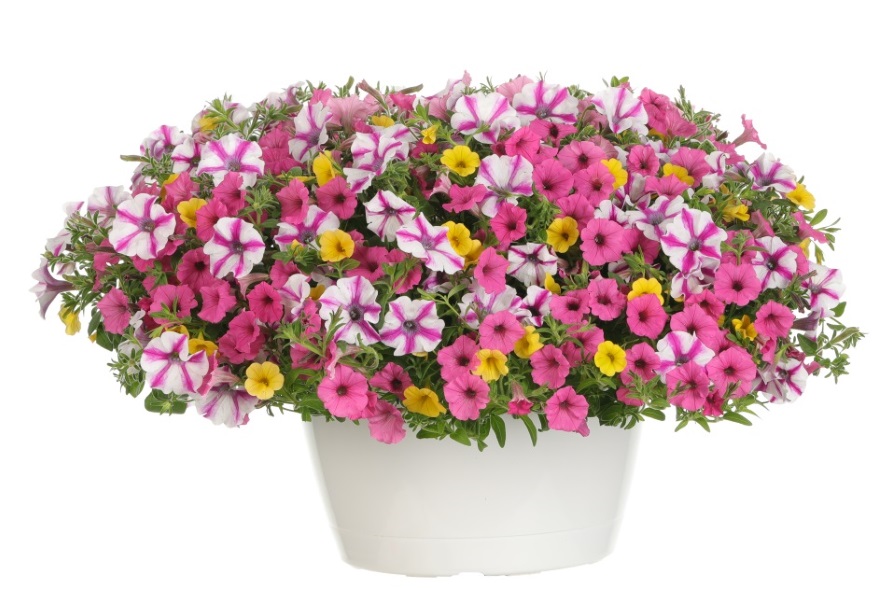10 Takeaways From the State of the Industry Report at Cultivate’21
If there’s one word that has defined the floriculture industry over the past year and a half, it might be “resiliency.” At least according to AmericanHort President and CEO Ken Fisher, who kicked off Cultivate’21’s Monday morning State of the Industry keynote presentation on July 12 by recognizing the industry for “staying open and proving you are essential.”
“During a year when consumer spending on flowers dropped quickly, then rose quickly to record levels, you were able to not only keep your businesses running during a period of constant change, you were also able to keep your employees stable and safe,” Fisher said.
Keep reading for nine more insights from the State of the Industry presentation, which also featured AmericanHort Senior Vice President Public Policy & Government Relations Craig Regelbrugge, as well as Charlie Hall, Professor & Ellison Chair in the Department of Horticultural Sciences at Texas A&M University.
Price stability: Thanks to year-to-date plant retail sales skyrocketing, Fisher said discounts and lowering prices were not necessary this spring. “Good business leaders were able to analyze how their company was performing, and put together a plan that prepared for sustainable growth.”
Keeping your voice heard: Like just about every other industry, horticulture was forced to go virtual, whether that was externally (online ordering) or internally (advocacy). The results were largely positive, with several industry leaders pushing hard (and succeeding) to include floriculture in the Coronavirus Food Assistance Program.
Labor update: Labor reform is always a hot-button issue, and the despite continued shortages, the news was more upbeat than usual. Regelbrugge noted that the U.S. House repassed the Farm Workforce Modernization Act, which will hopefully help stabilize some of the ag workforce. “The Senate is looking into it,” Regelbrugge says. “Plan A would be a bipartisan bill; if not, the Democrats will likely push for full legalization programs.”
Logistics update: AmericanHort has worked hard for a long time to make sure horticulture is considered to be included in the definition of agriculture whenever rules and regulations on trucking come up. “We are supporting the DRIVE Safe Act,” says Regelbrugge.
Politics: A Necessary Evil? While decrying what seems more and more like the lack of any middle ground in political discourse, Regelbrugge offered five suggestions for effective debate: 1) Stay informed; 2) push civics and history education among young people; 3) accept that people with opposing ideas aren’t bad people; 4) be open minded and open to listening; and 5) stay engaged.
The long-term global effects of the COVID-19 pandemic: Charlie Hall kicked off his portion of the presentation by noting that many countries are lagging behind the U.S. in vaccination rates. “This is going to have an effect on both the domestic and global economy,” Hall said, noting delays in international shipping.
“The Great Conundrum.” This is how Hall categorized the current economic climate. “We’re in a period of probable growth, with some restraint,” Hall said. “Which isn’t necessarily a bad thing.”
Jobs, jobs, jobs: More and more people are quitting their current jobs, for a variety of reasons, Hall said. Some are getting better-paying jobs, and others are pursuing self-employment or higher education. “A lot of people like to point the finger at extended unemployment benefits, but the data doesn’t equate job openings with disincentives for working,” Hall said.
Retaining new gardeners: In the past, Hall noted the horticulture has had trouble retaining any wave of new gardeners. So how do we overcome that hurdle this time, especially when rising input costs will likely force us to increase prices more than we are already? “We need continue to heighten the perceived value of plants, and the functional benefits they can provide.” Hall says.










